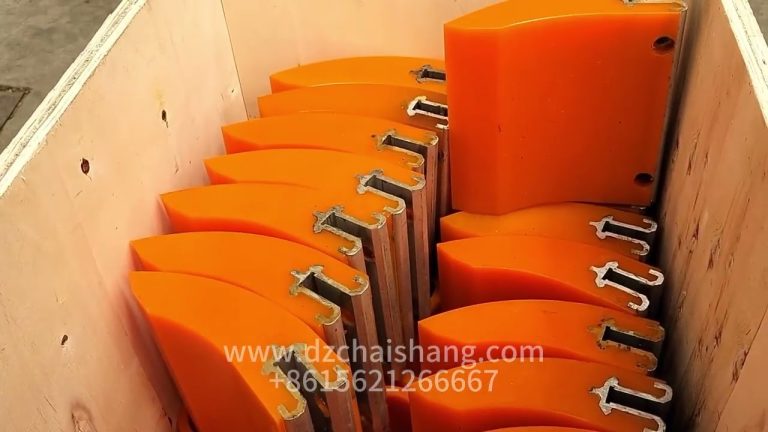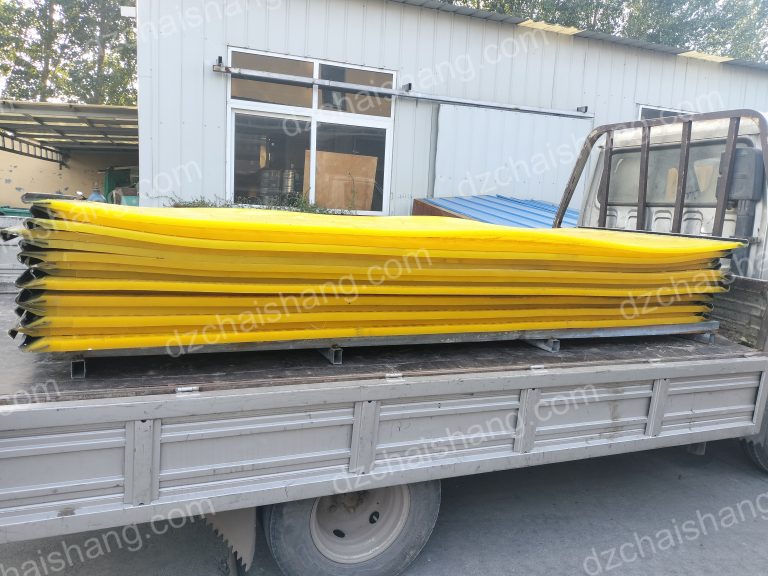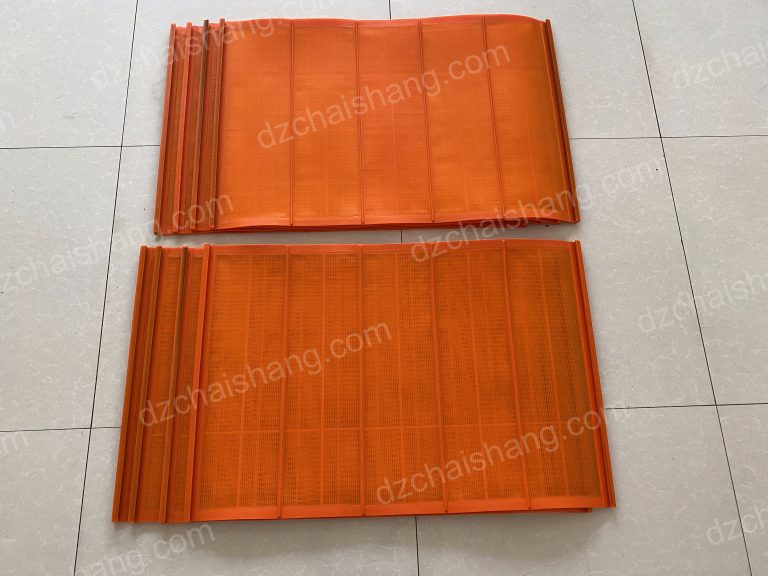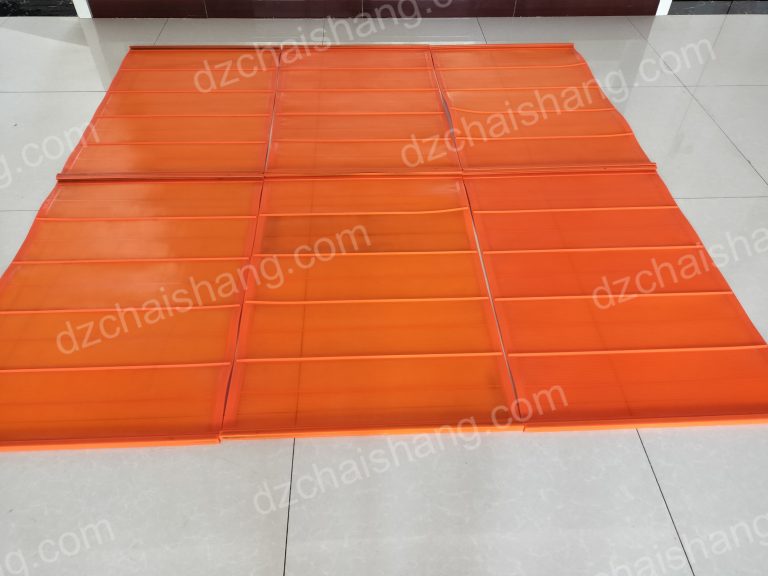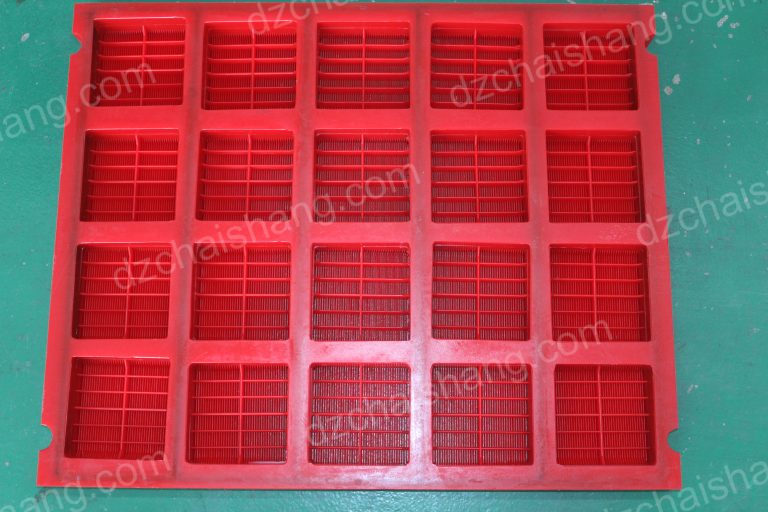Benefits of Using polyurethane high frequency screens in Industrial Applications
Polyurethane high frequency screens have become increasingly popular in industrial applications due to their numerous benefits. These screens are made from polyurethane, a versatile material known for its durability, flexibility, and resistance to wear and tear. In this article, we will explore the advantages of using polyurethane high frequency screens in various industrial settings. One of the key benefits of polyurethane high frequency screens is their superior abrasion resistance. These screens are designed to withstand the harsh conditions of industrial environments, where they are exposed to abrasive materials and heavy loads. Unlike traditional screens made from steel or other materials, polyurethane screens are less prone to wear and tear, resulting in longer service life and reduced maintenance costs. In addition to their abrasion resistance, polyurethane high frequency screens are also known for their flexibility. This flexibility allows the screens to conform to the shape of the material being processed, resulting in more efficient screening and higher throughput. This is particularly important in industries such as mining, where the size and shape of the material can vary significantly. Another advantage of polyurethane high frequency screens is their high screening efficiency. These screens are designed to provide a high level of screening accuracy, resulting in a more precise separation of materials. This can help improve the quality of the final product and reduce waste. Additionally, the high frequency vibrations of these screens help to prevent blinding and pegging, further enhancing their efficiency. Polyurethane high frequency screens are also known for their low maintenance requirements. Unlike traditional screens that may require frequent replacement or repair, polyurethane screens are designed to be long-lasting and easy to maintain. This can help reduce downtime and increase productivity in industrial operations. Furthermore, polyurethane high frequency screens are resistant to corrosion and chemical damage. This makes them ideal for use in industries where exposure to corrosive materials is common, such as the chemical or food processing industries. The durability of polyurethane screens ensures that they can withstand the harshest conditions without deteriorating. Overall, the benefits of using polyurethane high frequency screens in industrial applications are clear. From their superior abrasion resistance and flexibility to their high screening efficiency and low maintenance requirements, these screens offer a range of advantages that can help improve productivity and reduce costs in industrial operations. Whether used in mining, construction, or other industries, polyurethane high frequency screens are a reliable and cost-effective solution for screening and separating materials.How to Properly Maintain and Clean Polyurethane Panels for Extended Lifespan
Polyurethane panels are a popular choice for high frequency screens due to their durability and resistance to wear and tear. However, like any other material, polyurethane panels require proper maintenance and cleaning to ensure they have an extended lifespan. In this article, we will discuss some tips on how to properly maintain and clean polyurethane panels to keep them in top condition.One of the most important aspects of maintaining polyurethane panels is regular inspection. It is essential to inspect the panels for any signs of wear, tear, or damage. This can include cracks, tears, or holes in the material. By catching these issues early on, you can prevent further damage and extend the lifespan of the panels. In addition to regular inspections, it is also important to clean polyurethane panels regularly. This can help remove any dirt, debris, or other contaminants that may be present on the surface of the panels. To clean polyurethane panels, you can use a mild detergent and water solution. Simply mix the detergent with water and use a soft cloth or sponge to gently scrub the panels. Be sure to rinse the panels thoroughly with clean water to remove any residue. Another important aspect of maintaining polyurethane panels is proper storage. When not in use, it is important to store the panels in a cool, dry place away from direct sunlight. This can help prevent the panels from becoming damaged or deteriorating over time. Additionally, storing the panels properly can help prevent them from becoming warped or misshapen. When it comes to cleaning polyurethane panels, it is important to avoid using harsh chemicals or abrasive cleaners. These can damage the material and reduce the lifespan of the panels. Instead, opt for mild detergents and water solutions that are gentle on the material. Additionally, be sure to avoid using sharp objects or abrasive materials when cleaning the panels, as this can cause damage to the surface. In addition to regular cleaning and maintenance, it is also important to handle polyurethane panels with care. When installing or removing the panels, be sure to handle them gently and avoid bending or twisting the material. This can help prevent damage and ensure the panels remain in top condition. Overall, proper maintenance and cleaning are essential for extending the lifespan of polyurethane panels. By regularly inspecting, cleaning, and storing the panels properly, you can ensure they remain in top condition for years to come. Remember to handle the panels with care and avoid using harsh chemicals or abrasive cleaners. With proper maintenance, your polyurethane panels can continue to provide reliable performance for your high frequency screen.
Comparison of Polyurethane Panels vs. Traditional Screen Materials for Screening Applications
Polyurethane high frequency screens have become increasingly popular in screening applications due to their durability, efficiency, and cost-effectiveness. These screens are made from polyurethane panels, which offer several advantages over traditional screen materials such as steel or rubber.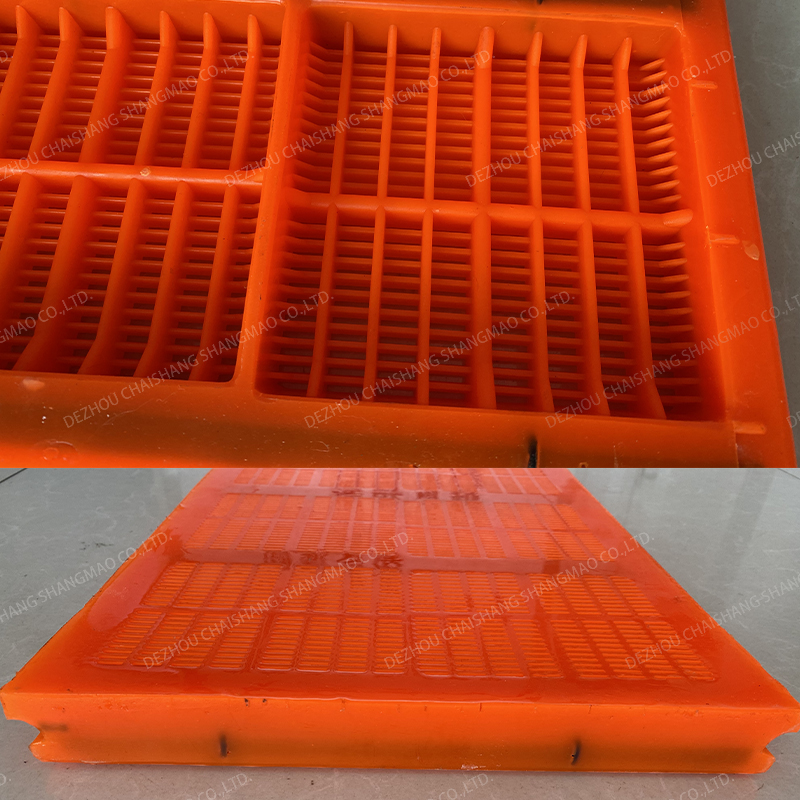
One of the key benefits of polyurethane panels is their superior wear resistance. Polyurethane is a highly durable material that can withstand the abrasive effects of screening materials without wearing down quickly. This means that polyurethane screens have a longer lifespan compared to traditional screens, reducing the need for frequent replacements and saving on maintenance costs. In addition to their durability, polyurethane panels are also known for their high screening efficiency. The unique properties of polyurethane allow for greater screening accuracy and precision, resulting in a higher quality end product. This is particularly important in industries where product quality is paramount, such as mining, aggregate production, and recycling. Furthermore, polyurethane screens are lightweight and easy to install, making them a convenient option for screening applications. Their flexibility and ease of handling allow for quick and simple installation, reducing downtime and increasing productivity. This is in contrast to traditional screen materials, which can be heavy and cumbersome to work with. Another advantage of polyurethane panels is their resistance to corrosion and chemical damage. Polyurethane is a non-reactive material that is not easily affected by harsh chemicals or environmental factors. This makes polyurethane screens ideal for use in corrosive or abrasive environments, where traditional screens may deteriorate over time. Despite these benefits, it is important to note that polyurethane screens may not be suitable for all applications. In some cases, traditional screen materials such as steel or rubber may be more appropriate depending on the specific requirements of the screening process. For example, steel screens may be preferred for heavy-duty applications where extreme wear and impact resistance are necessary. In conclusion, polyurethane high frequency screens and panels offer a range of advantages over traditional screen materials for screening applications. Their durability, efficiency, and cost-effectiveness make them a popular choice for industries that require high-quality screening solutions. However, it is important to consider the specific needs of the application when choosing between polyurethane panels and traditional screen materials. By weighing the benefits and limitations of each option, businesses can make an informed decision that best suits their screening requirements.

